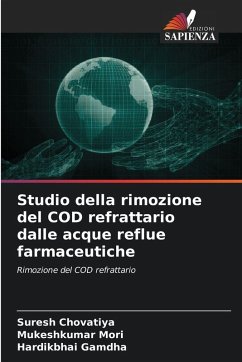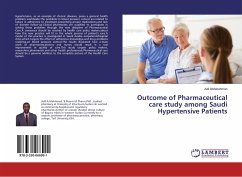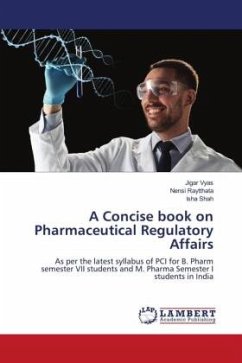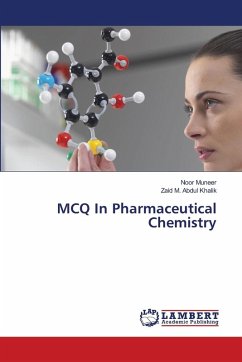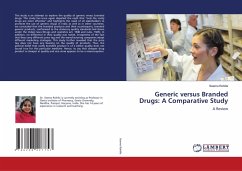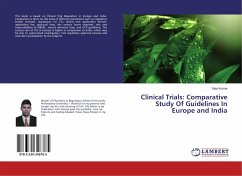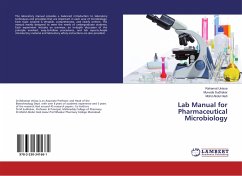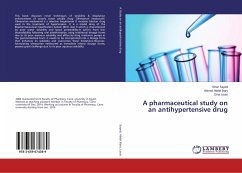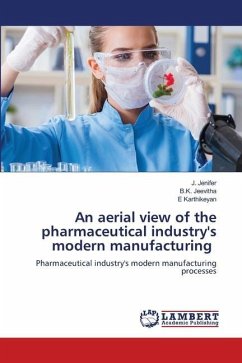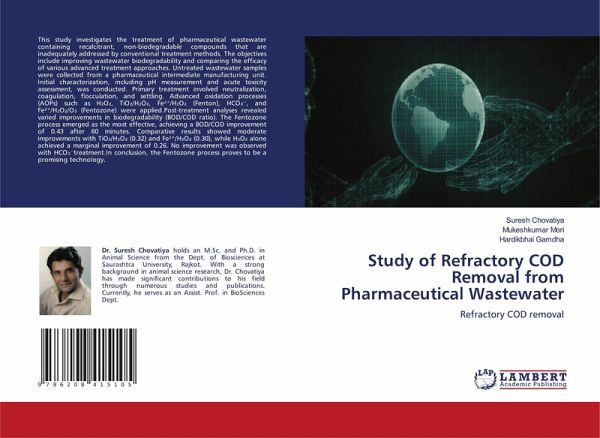
Study of Refractory COD Removal from Pharmaceutical Wastewater
Refractory COD removal
Versandkostenfrei!
Versandfertig in 6-10 Tagen
29,99 €
inkl. MwSt.

PAYBACK Punkte
15 °P sammeln!
This study investigates the treatment of pharmaceutical wastewater containing recalcitrant, non-biodegradable compounds that are inadequately addressed by conventional treatment methods. The objectives include improving wastewater biodegradability and comparing the efficacy of various advanced treatment approaches. Untreated wastewater samples were collected from a pharmaceutical intermediate manufacturing unit. Initial characterization, including pH measurement and acute toxicity assessment, was conducted. Primary treatment involved neutralization, coagulation, flocculation, and settling. Adv...
This study investigates the treatment of pharmaceutical wastewater containing recalcitrant, non-biodegradable compounds that are inadequately addressed by conventional treatment methods. The objectives include improving wastewater biodegradability and comparing the efficacy of various advanced treatment approaches. Untreated wastewater samples were collected from a pharmaceutical intermediate manufacturing unit. Initial characterization, including pH measurement and acute toxicity assessment, was conducted. Primary treatment involved neutralization, coagulation, flocculation, and settling. Advanced oxidation processes (AOPs) such as H2O2, TiO2/H2O2, Fe² /H2O2 (Fenton), HCO , and Fe² /H2O2/O (Fentozone) were applied.Post-treatment analyses revealed varied improvements in biodegradability (BOD/COD ratio). The Fentozone process emerged as the most effective, achieving a BOD/COD improvement of 0.43 after 60 minutes. Comparative results showed moderate improvements with TiO2/H2O2 (0.32) and Fe² /H2O2 (0.30), while H2O2 alone achieved a marginal improvement of 0.26. No improvement was observed with HCO treatment.In conclusion, the Fentozone process proves to be a promising technology.





